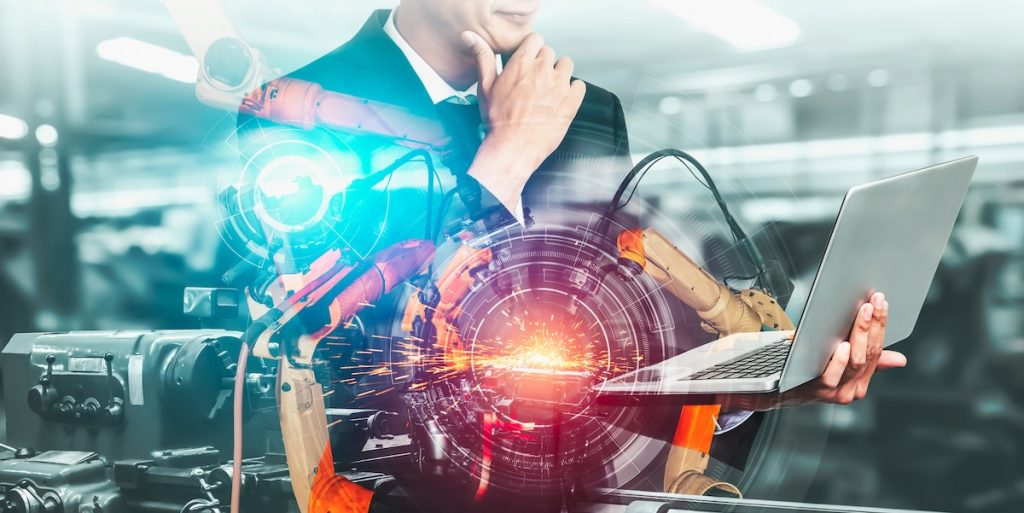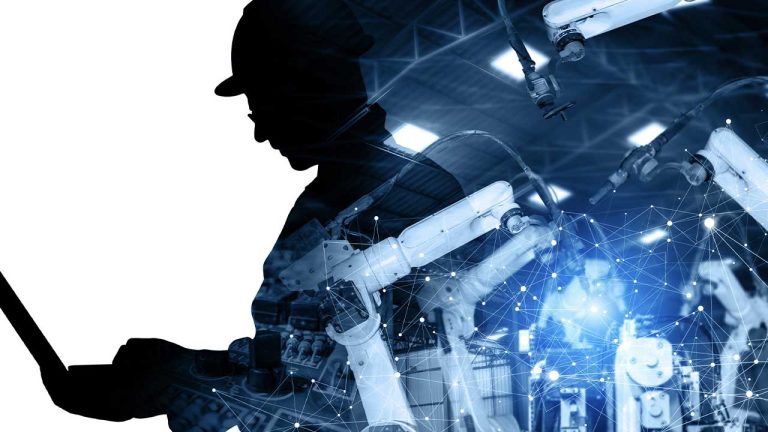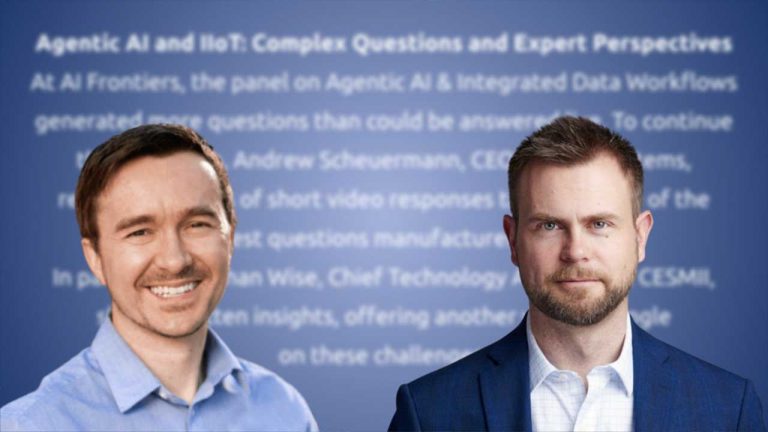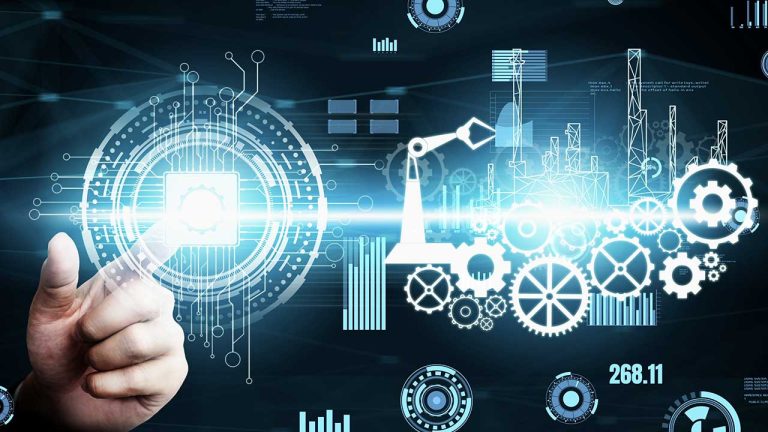The Age of Accuracy: How Smart Manufacturing Is Redefining Unbiased, Efficient, and Sustainable Factory Processes
The advent of smart manufacturing promised higher visibility into factory operations and fast data analysis. Today, it’s safe to say what the industry has achieved has gone way beyond these expectations. The market is showing immense progress and a positive outlook — it was worth $288.56 billion in 2023 and is set to grow at an annual rate of over 17% until 2031.
The manufacturing sector initially relied entirely on humans to operate. Then, machines came into the picture, bringing as much speed and precision to processes as humans could set them to. Now, technology is elevating machines to new heights by aiding humans in doing a spotless job at factories.
Thanks to IoT, AI, and ML, the industry is becoming the ultimate frontier for better decision-making and improved operations. These technologies are bringing about a much-needed era in manufacturing underpinned by accuracy and efficiency. In a world plagued with production waste, climate change, supply chain disruptions, and scarcity, smart manufacturing practices are mitigating these risks and helping humans think faster and better.
Let’s examine how the sector is reaching the age of accuracy, from minimizing errors to reducing downtime and waste.
Decreasing Human Interference and Bias
IoT has basically allowed machines to talk to us. Technicians or machine operators no longer have to supervise them directly to know their performance — IoT and the cloud are turning their actions into data, which allows managers to see their every move with a magnifying glass. So, it’s no wonder that, in 2024, 95% of companies in the sector are using or evaluating smart manufacturing technologies, up from 83% last year.
Simplifying processes isn’t the only benefit of machines directly giving us their data. By reducing or even eliminating manual inputs from operators, high-quality data, free from human error, enhances the accuracy of ML models fed with these datasets. This way, AI-driven systems can accurately automate quality assessments and maintenance predictions, ensuring decisions are based on consistent, objective criteria and democratizing the company’s specific expertise knowledge.
Furthermore, GenAI facilitates structured inter-company prompting, tailored by role-specific permissions and filters, enhancing transparency by sourcing information straight from the root. This structured data flow supports unbiased, informed decision-making at production and managerial levels, streamlining operations and maintaining consistent quality and efficiency.
Improving Operational Accuracy with ML Predictions
Since IoT removes the guesswork in production lines by sending predictive ML models the most precise data, forecasting accuracy is unlike anything factories have worked with before. This means problem-solving is made 100% easier for managers with platforms where they can monitor machines, and they can rest assured the solution will be accurate and impactful.
While that sounds utopic, it’s simply an advantage of consistent high-quality data inputs paired with advanced algorithms using advanced ML models. Moreover, its self-learning capabilities mean the technology’s predictions will get better with time as it receives more quality data, leading to predicting downtime, finding malfunctions, and suggesting performance improvements to a T.
For example, imagine a factory producing prepared foods that has been discarding more material than usual as it’s not meeting the standard: its chicken is going bad before reaching the end of the preparation process. A quick look through the reporting platform connected to the machines with IoT and the cloud will find that one of them has been operating with a higher temperature than needed, therefore over-cooking the chicken and breaking quality parameters. This was due to a missed maintenance check, prompting pieces of chicken to have a higher temperature than the standard for prepared food.
This might’ve taken more time and effort for human power to resolve, while smart manufacturing now takes care of it in less time and with outstanding accuracy.
Reducing Production Waste
Smart manufacturing has also become the industry’s right hand in reaching its sustainability goals. Those prioritizing ESG initiatives have turned to AI-powered processes to reduce their waste and electricity consumption — in 2022, over half of those leveraging smart manufacturing had an ESG program in place. This is because the technology’s accuracy can also spot areas of overconsumption and recommend waste reduction practices.
One notable example of a company using AI and IoT to reduce waste is a large meat processing company in northern Mexico, with an annual revenue of $25 billion. By optimizing production, its utility costs have been distributed over more produced kilograms, reducing the kilowatts drained per kilogram of product and the amount of water used per kilogram.
What’s more, the company is developing a tool to provide traceability of waste and costs associated with production lines. This enables teams to see and adjust ingredients and recipes in real time, minimizing unnecessary product waste and reducing overall waste production. This approach cuts costs, enhances operational efficiency, and supports sustainability efforts in the manufacturing process.
Smart manufacturing has given the industry an unprecedented degree of precision, elevating production processes and output quality to meet the world’s rising demand for more sustainable, agile, and higher-grade manufacturing. Companies looking to improve their operations and enter this new manufacturing era must begin integrating IoT, AI, ML, and even GenAI to gain a competitive advantage.
About the author
 This article was written by Alex Sandoval, Co-founder and CEO of Allie.
This article was written by Alex Sandoval, Co-founder and CEO of Allie.



